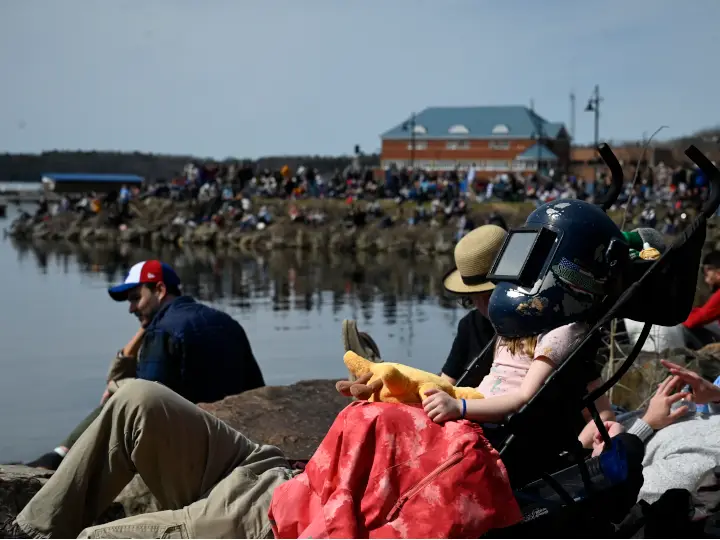“In about five minutes, everything we had was all ashes, and there was nothing we could do about it.”
Cambridge Unhoused is a series of articles, columns, explainers, and informational graphics by the Boston Institute for Nonprofit Journalism documenting homelessness funding and services in Massachusetts with particular attention paid to Cambridge. Since the topic is complex and ever-changing, we are publishing multiple short focused pieces that highlight specific issues or stakeholders but that also connect with other coverage for this project. Media produced for the Cambridge Unhoused series is distributed through the MassWire news service of BINJ and can be found together at binjonline.org.
“We lost everything.”
Melissa has been homeless for more than 13 years, and the struggle never gets any easier. Two weeks ago, a fire broke out on a Sunday afternoon in an encampment near the BU Bridge and burned everything she had.
She had been living in the camp by the Charles River for several months. “Our tents, cell phones, and clothing are all gone,” she recalled. Melissa said she was woken up by the noise. The fire, she said, was already unstoppable when she exited her tent with her boyfriend.
“I saw the video of people filming on the bridge, seeing huge smoke coming out of the area.” Melissa continued, “The only thing I can remember is flame. I couldn’t see any smoke because the fire was burning hot.”

Immediately prior to setting up near the bridge by Memorial Drive, Melissa lived in a homeless camp in Back Bay. She said at one point during that arrangement, a tent next to hers caught fire, but she managed to extinguish it before it burned down. But in Cambridge, it was too late.
“I’ve always heard people say before that tents burn quickly when they catch fire, but I never thought it would be this fast, and in about five minutes, everything we had was all ashes, and there was nothing we could do about it.”
Firefighters cleared the scene and extinguished the flames. The Red Cross cared for the 10 people living in the area including Melissa; none of them reported injuries. Over the following days, state workers covered the area with rocks up to the riverbank, forcing Melissa and her family to find shelter elsewhere. (BINJ inquired with the Cambridge Fire Department about the cause of the blaze, and is still waiting for a response.)
Melissa calls her group of 12 a family, and said that together they decided to stay in Cambridge. They’re currently set up in Goose Park, on the other side of the bridge, still between Memorial Drive and the water, where there’s more space for their camp.
“I was happy that our old place was gone,” Melissa said. “That place was a disaster. … A lot of us can take care of ourselves, but some of us just get lost. It was full of human excrement and needles. When citizens walk by with their kids and see such a mess, they call the city to intervene.”
With the cold coming, Melissa and her family have to rebound quickly from their fire losses, and local organizations have responded. On the second and third day after the devastating setback, they sent tents and clothes.
“The City of Cambridge treats us better than any other city in the Greater Boston area,” she said. “Those are really nice people—they even come by during weekdays to give us food and water donations.”

Among other longshot opportunities for permanent housing, last year Boston authorized more than $200 million in American Rescue Plan Act (ARPA) funding for housing. Some of that will go to subsidize permanent supportive housing for people living on the street and in shelters, but Melissa said such programs aren’t an option for her.
“I know some people benefit from [government assistance], especially during COVID,” she said. “But the ones in danger of becoming homeless are somehow prioritized over the actual homeless people. I dreamed about getting a place to live and a solid job every day, but the people who need it don’t get it. At least not us.”
“The good thing is I’m not alone. Things can get really bad if you are alone, especially for females.”







